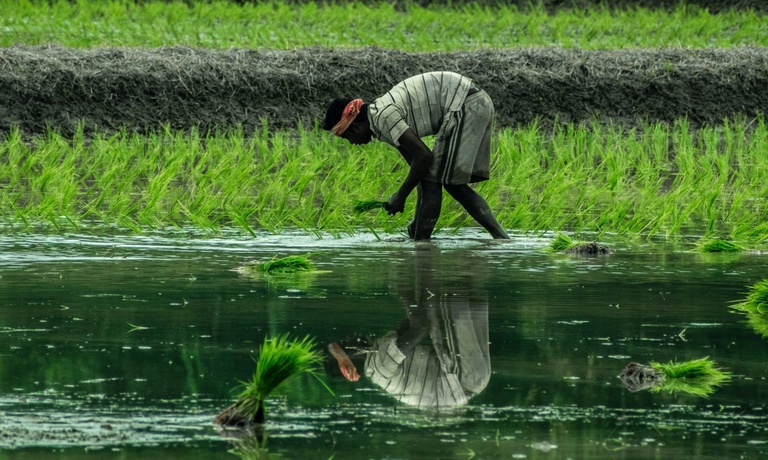March 27 NEC Energy News
¶ “Russia Reported Firing At Kharkiv Nuclear Research Facility” • Russian forces are firing at a nuclear research facility in the city of Kharkiv, the Ukrainian parliament said in a Twitter post on Saturday. “It is currently impossible to estimate the extent of damage due to hostilities that do not stop in the area of the nuclear installation.” [The Jerusalem Post]

¶ “India To Build Fleet Of 10 Nuclear Plants, Work On First Station To Begin In 2023” • India plans to build ten nuclear reactors in ‘fleet mode’ over the next three years, starting with a 700 MW nuclear plant in Karnataka slated in 2023. Building ten nuclear power reactors at once is expected to save costs and reduce construction time. [Republic World]
¶ “Pivotal Battery Discovery Could Impact Transportation And The Grid: Overcoming Performance Decline” • One of the more promising candidates for new battery technology is sodium-ion. It is attractive in part because of sodium is so cheap, but battery performance declines rapidly. Researchers have found a cause of that problem, and a possible solution. [CleanTechnica]
¶ “Moving Our Farms to Better Areas Could Help the Climate – But Should We Do It?” • Moving cropland to ‘better’ locations and allowing the old fields to move back to a natural state could decrease the carbon footprint of agriculture, a study shows. But it doesn’t account for different intensities of agriculture or social and cultural consequences. [The Wire Science]

¶ “Mersey Tidal Project Could Be The Renewable Energy Answer The North Needs” • The Russian invasion in Ukraine is causing rising energy bills in the UK. A project in the River Mersey in Liverpool could be the energy source we need to become more self-reliant, reports the Liverpool Echo. Tidal power is more secure and a sustainable source of energy. [Cheshire Live]
¶ “Climate Change Is Turning California’s Wildfire Season Into Wildfire Year” • There is no wildfire season any more. Like pay phones, typewriters, and VCRs, a wildfire “season” is a thing of the past. We are seeing serious wildfires in the West throughout the year. Earlier spring and drier weather mean that vegetation has more time to dry out. [CleanTechnica]
For more news, please visit geoharvey – Daily News about Energy and Climate Change.
